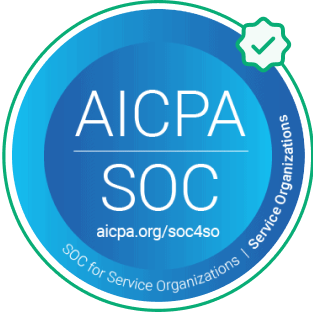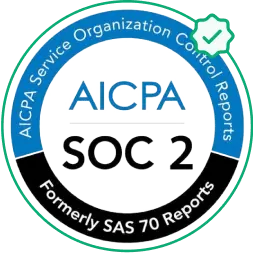What is PTO?
Paid time off or PTO is an employee benefit through which an employer sanctions a pool of leaves for its employees. Typically, when an employee applies for a PTO, there will be no loss of pay. Employees can leverage their PTO for reasons like sickness, marriage, grief, vacation, or sometimes personal rejuvenation.The employees are free to avail these leaves at their discretion and such leaves are provided over and above the gazetted or paid holidays. PTO is a time-off policy that is among the top perks which attract employees.Not to be confused with:
paid holidays
Paid holidays are the national, state, or religious holidays that employers give out as paid days off.
vacation
Vacation is time off that an employee takes to be away from work, either for rest and/or for recreation.
Not to be confused with:
Is it better to have limited or unlimited PTO?
Employees prefer flexible work schedules and strive for a healthy work-life balance, and these can be important factors when choosing an employer. Time off with family and friends provides employees with an opportunity to relax, rejuvenate and develop a fresh perspective on things. Nowadays, organizations offer candidates PTO and cite its multiple advantages. However, there seems to be no thumb rule as to whether limited or unlimited PTO is a better call and each has its pros and cons.Limited PTO consists of a mix of vacation and sick days, but the number is limited. If employees need any leaves aside from the allotted number, they might lose a portion of their pay. On the brighter side, organizations that offer limited PTO have an easier time tracking employees and calculating the cost incurred.Unlimited PTO is known to increase satisfaction rates in the workforce and studies indicate that providing unlimited PTO might even encourage your workforce to take lesser leaves. It can lower turnover rates, reduce burnout, increase productivity, and strengthen the workforce’s morale.The choice between limited and unlimited PTO depends on the kind of workforce you have and choosing either does not guarantee better results.










